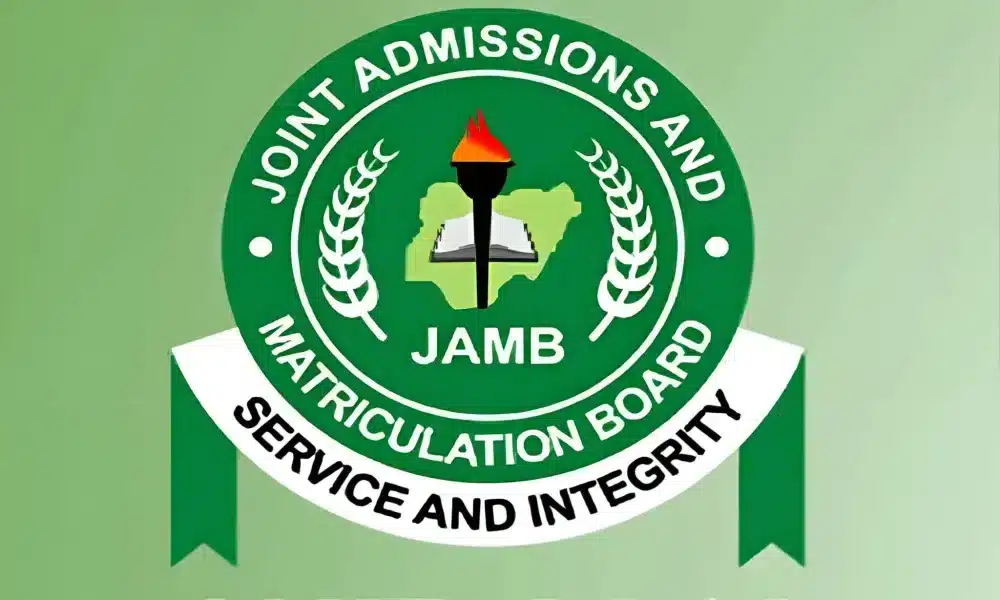The Joint Admissions and Matriculation Board (JAMB) exam is an important step for Nigerian students who want to study history or related courses at university. History is a fascinating subject that gives us insight into past events, cultures, and people, helping us understand how societies developed over time. For students preparing for the JAMB History exam in 2026/2027, it’s helpful to know the main areas of concentration. This guide will cover the essential topics to focus on, making your study process more organized and effective.
READ ALSO: JAMB Syllabus for History 2026/2027 Free PDF Download
What is JAMB History?
JAMB History is one of the subject options for students interested in learning about historical events, civilizations, and the development of societies. The exam covers key events from Nigerian, African, and world history, focusing on important themes and personalities. The goal of JAMB History is to test your understanding of historical developments, your ability to analyze events, and your knowledge of how past events have shaped the present.
Why Study History for JAMB?
Studying history helps students develop critical thinking skills and learn about the past to better understand the present. History as a subject gives you knowledge of the cultural, political, and social changes that have occurred in different regions, especially in Nigeria and Africa. For students interested in careers in law, education, journalism, or international relations, a strong foundation in history can be beneficial.
Key Areas of Concentration for JAMB History 2026/2027
The JAMB History syllabus covers various areas, including Nigerian history, African history, and world history. Below are the main areas you should focus on for effective preparation:
SECTION A: THE NIGERIA AREA UP TO 1800
- Land and Peoples of the Nigeria Area
- Early Centres of Civilization
- Origin and formation of States in the Nigeria Area
- Economic Activities and Growth of States
- External Influences
SECTION B: THE NIGERIA AREA 1800 – 1900
- The Sokoto Caliphate
- Kanem-Borno
- Yorubaland
- Benin
- Nupe
- Igbo
- Efik
- European Penetration and Impact
- British Conquest of the Nigeria Area
SECTION C: NIGERIA 1900 – 1960
- The Establishment of Colonial Rule up to 1914
- The Amalgamation of 1914
- Colonial Administration After the Amalgamation
- The Colonial Economy
- Social Development under Colonial Rule
- Nationalism, Constitutional Developments, and Independence
SECTION D: NIGERIA SINCE INDEPENDENCE
- The politics of the First Republic and Military intervention
- The Civil War
- The Gowon Regime
- Murtala/Obasanjo Regime
- The Second Republic
- The Buhari Regime
- The Babangida Regime
- The Interim National Government (ING)
- The Abacha Regime
- Nigeria in International Organizations
PART II: AFRICA AND THE WIDER WORLD SINCE 1800
SECTION A: WEST AND NORTH AFRICA
- Islamic Reform Movements and State Building in West Africa
- Sierra Leone, Liberia, and Christian Missionary Activities in West Africa
- Egypt under Mohammed Ali and Khedive Ismail
- The Mahdi and Mahdiyya Movement in the Sudan
SECTION B: EASTERN AND SOUTHERN AFRICA
- The Omani Empire
- Ethiopia in the 19th century
- The Mfecane
- The Great Trek
SECTION C: IMPERIALISM, COLONIALISM, AND PROBLEMS OF NATION-BUILDING IN AFRICA
- The New Imperialism and European Occupation of Africa
- Patterns of Colonial Rule in Africa
- The Politics of Decolonization
- Apartheid in South Africa
- Problems of Nation-building in Africa
Tips for Preparing for JAMB History 2026/2027
Here are some practical tips to help you study for the JAMB History exam effectively:
- Read History Textbooks and Materials: Use recommended textbooks to cover the topics in detail. Reading well-structured history books will help you remember important details and understand complex events.
- Create a Timeline: Make a timeline of major events in Nigerian, African, and world history. This can help you see connections between events and understand their order.
- Use Past Questions: Practice with past JAMB History questions to get familiar with the exam format and the types of questions you might face.
- Summarize and Review: After reading each topic, summarize the main points in your own words. This will reinforce your understanding and make it easier to recall information.
- Discuss with Others: Talking with classmates or study partners can help you understand different viewpoints and reinforce what you’ve learned.
Conclusion
The JAMB History exam covers a wide range of topics, from Nigerian history to world history. By focusing on the main areas listed in this guide, practicing past questions, and reviewing your notes regularly, you’ll be well-prepared for the 2026/2027 JAMB History exam. Remember, history is about understanding connections and learning from past events, so approach your studies with curiosity and focus. With thorough preparation, you can feel confident and ready to perform well in the exam.

